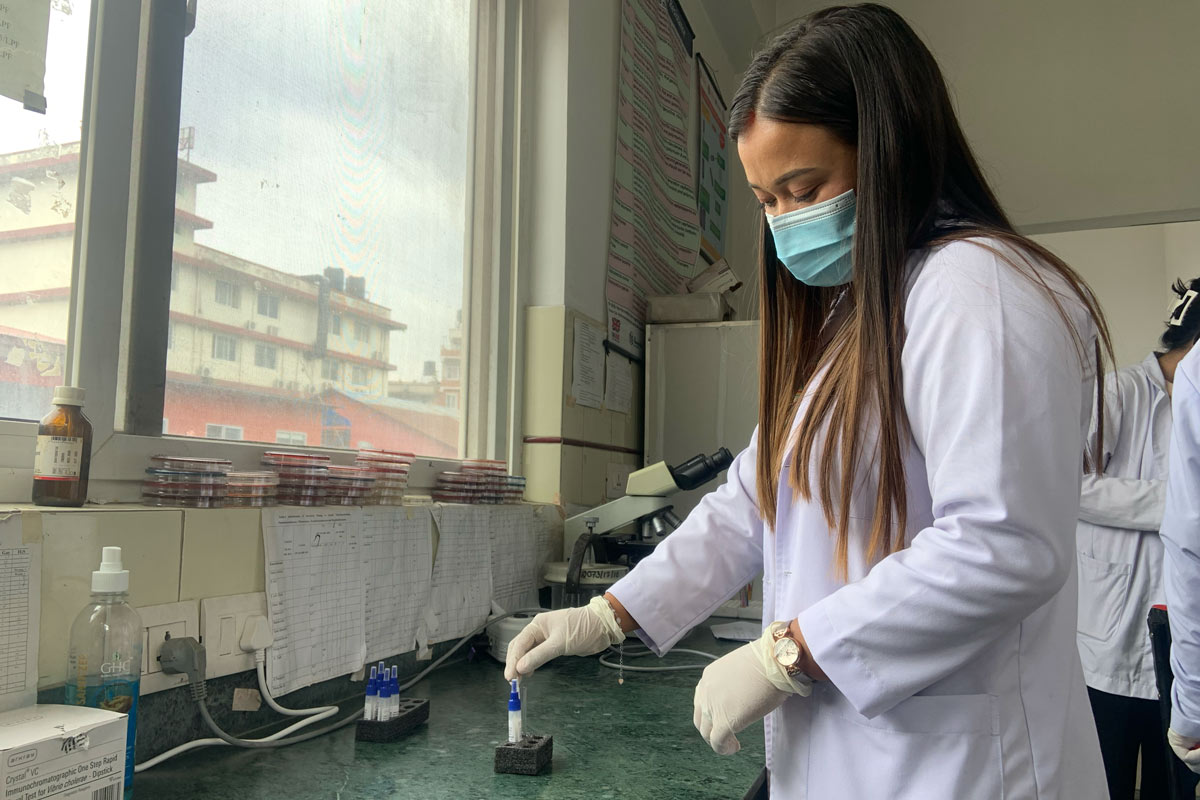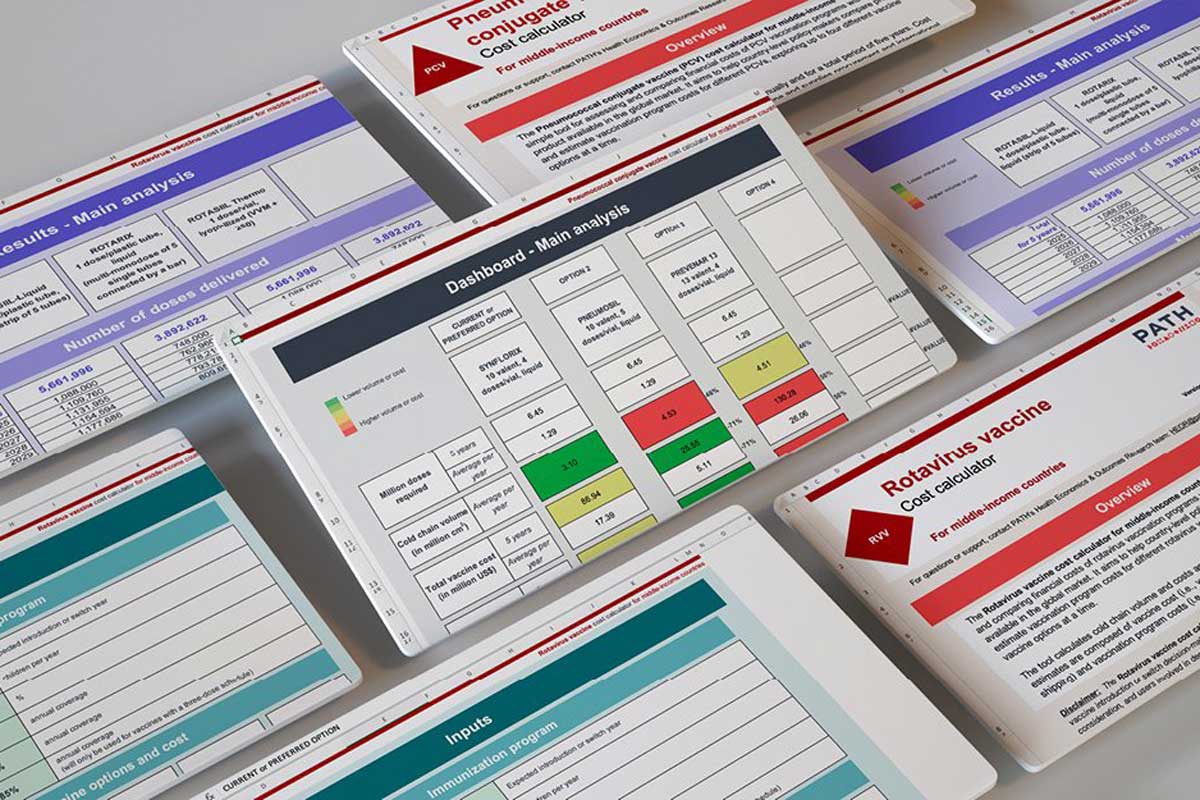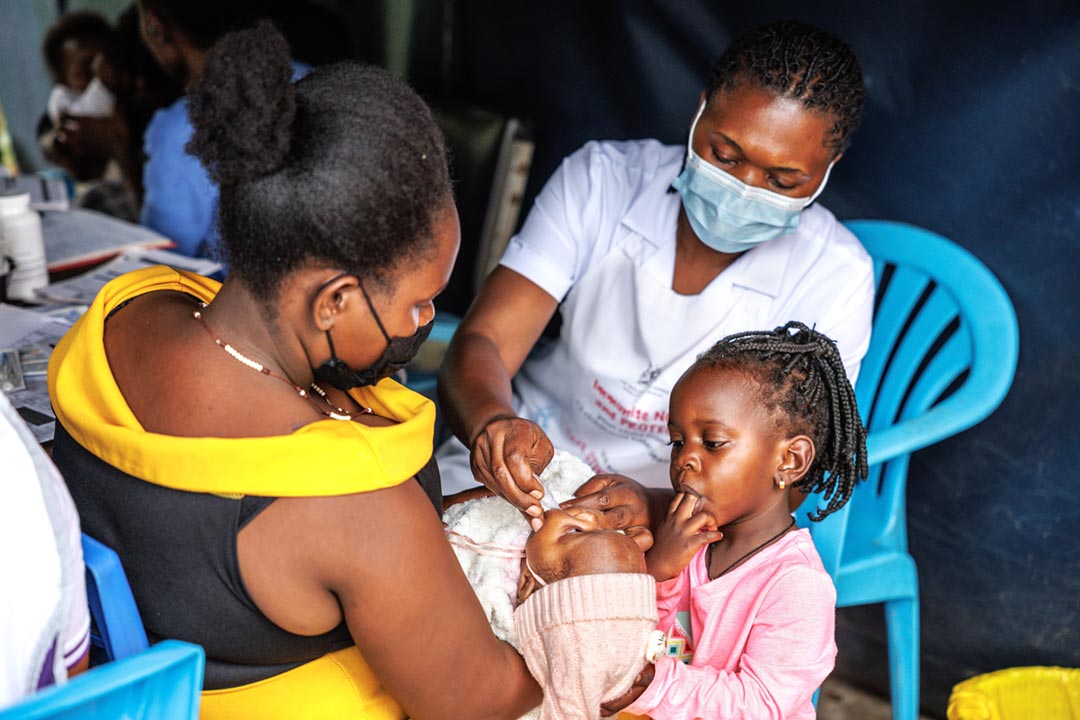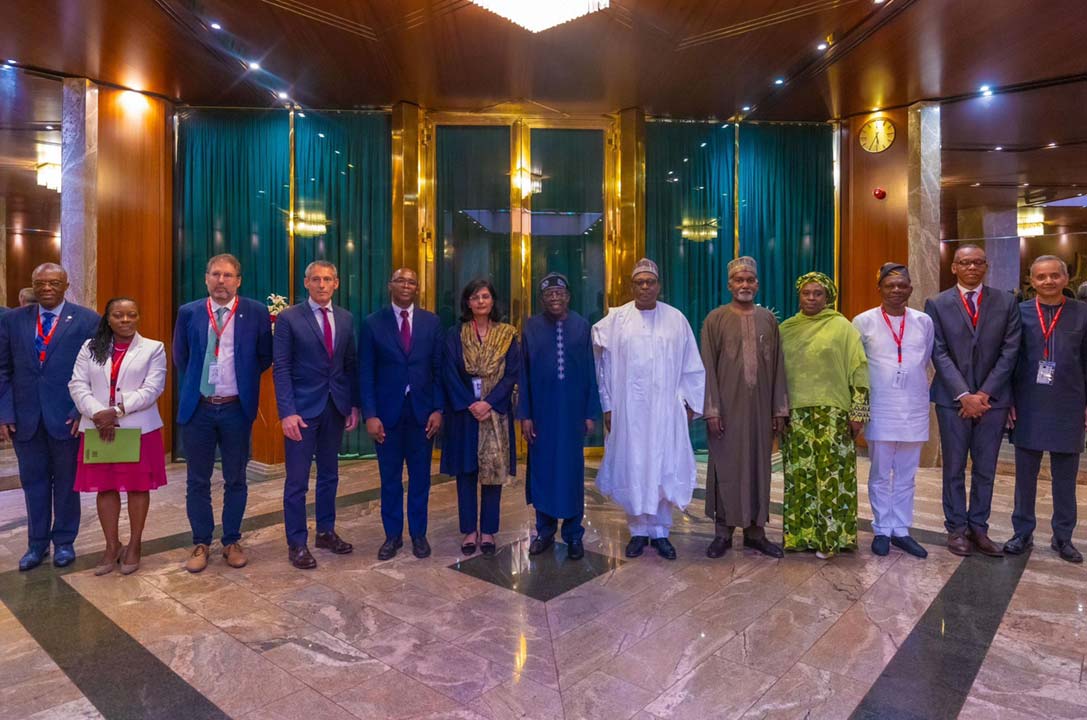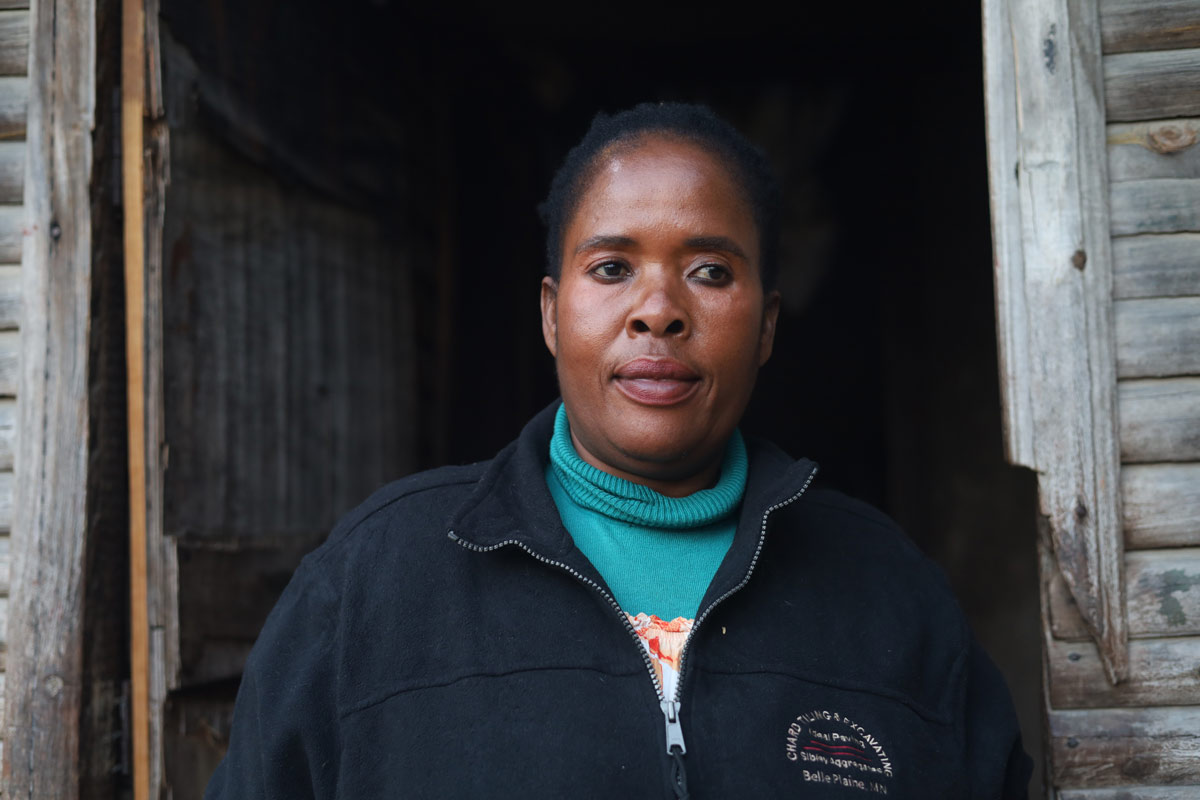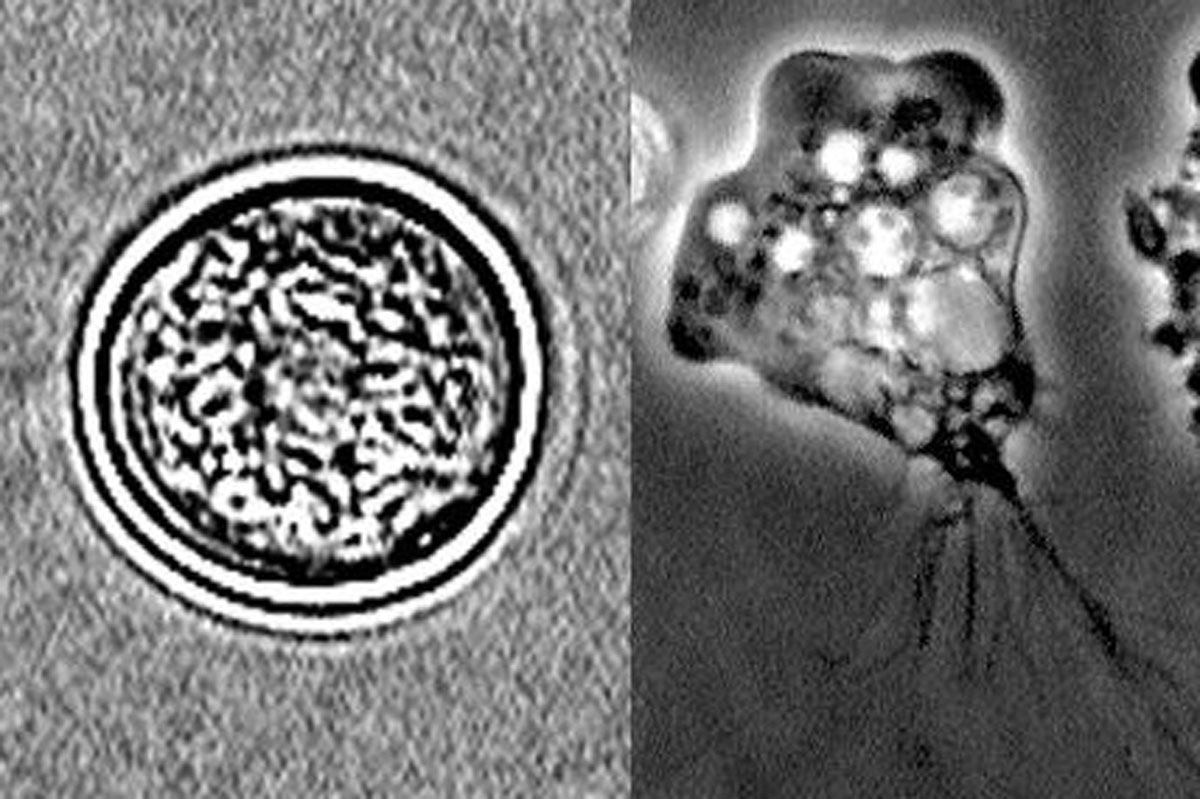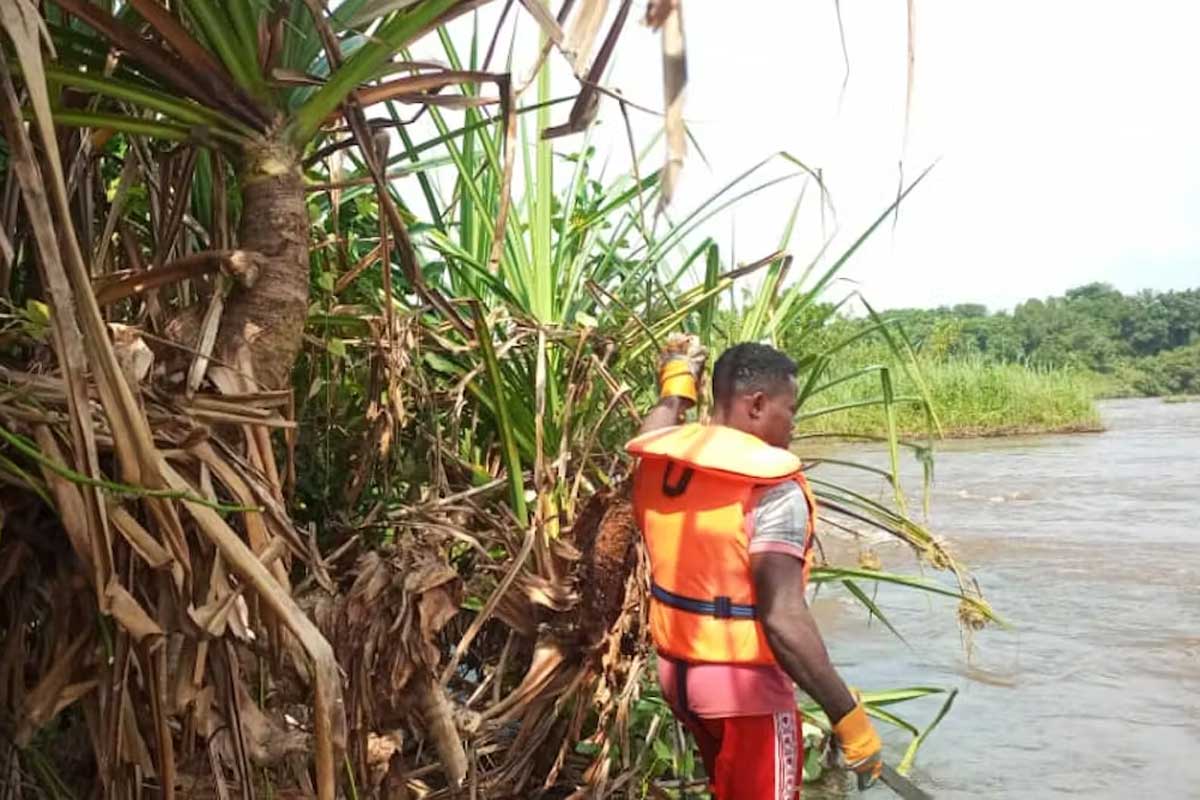A new era for immunisation dawns
Gavi CEO Dr Sania Nishtar looks to a bright and dynamic future for immunisation as she implements a 180-day plan for the secretariat.
- 19 July 2024
- 3 min read
- by Sania Nishtar
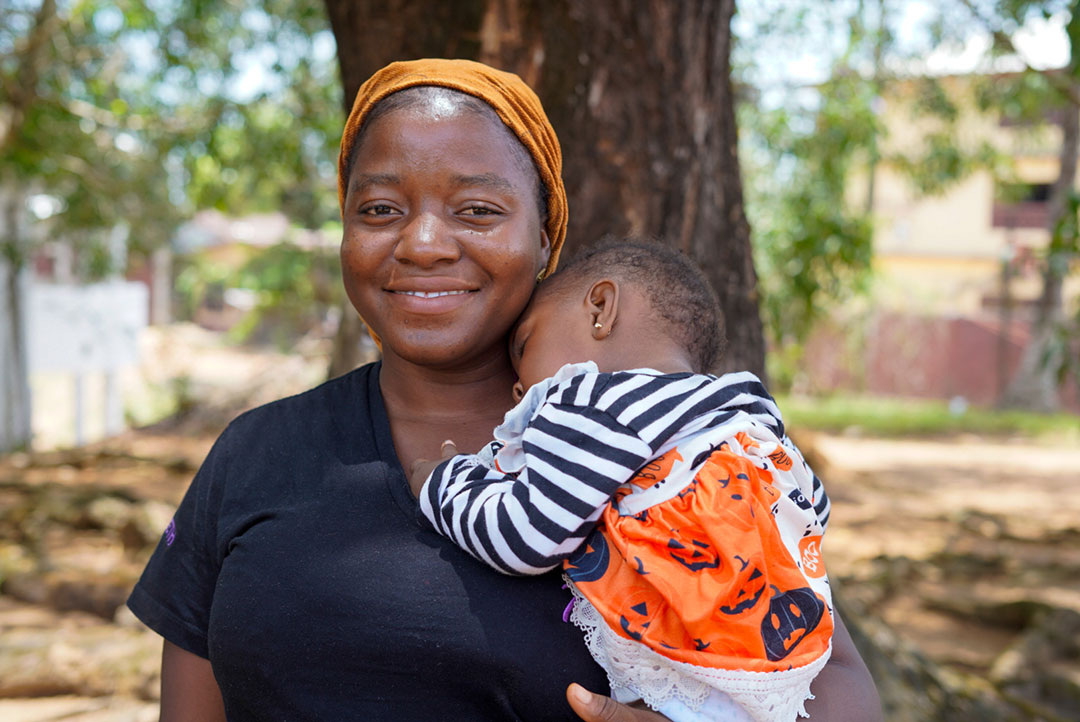
In politics, it is common for leaders to mark their first hundred days in office with a burst of announcements as they seek to reassure voters of their commitment to manifesto pledges. This approach is often also adopted by agency heads in the international system, and while it holds merit, I was always clear when I joined Gavi that I would take a different approach, spending my first months energetically listening, learning and engaging, while working towards a 180-day plan that could initialize true transformational change. My 180-day plan is firmly now in execution mode, and I am happy to share details on the actions we will be taking.
Since my first day on 18 March, I have visited some of Gavi’s most challenged countries and regions, held meetings in numerous donor capitals, and engaged in meaningful discussions with leaders from all of Gavi’s alliance partners and other key institutions, including the Global Fund, with whom we share a headquarters in Geneva. Most importantly, I have sat down with every team within Gavi, listening to their concerns and ideas for the future.
Have you read?
My tenure has also borne witness to two of Gavi’s most consequential milestones of the current decade; the Gavi Board meeting on 6-7 June at which our ambitious strategy for our sixth strategic period, which will run from 2026–2030, was approved and the Global Forum for Vaccine Sovereignty and Innovation in Paris, at which we unveiled our Investment Opportunity for the upcoming period and launched the African Vaccine Manufacturing Accelerator. This last event, co-hosted by France and the African Union, was attended by seven heads of state, leaders from an array of Gavi donors and implementing countries as well as leaders from across our alliance, civil society and industry and saw us make crucial progress towards our goal of replenishing our funding for the years ahead.
As we strive to find better ways of turning vaccines into vaccinations, my plan envisages focus on 5 key areas:
- Achieving a successful replenishment campaign to ensure we are fully funded for Gavi 6.0.
- Focusing on vaccine delivery through the Country Delivery Initiative, which entails a new health systems strategy, reform of the operating and grant making model and innovations to overcome the pervasive barriers at the health systems level within countries.
- Revitalising Gavi's culture and capacities of the Gavi secretariat to improve efficiency further through the adoption of technology, in particular AI, management and organizational changes, and institutionalization of the Delivery Cascade, a framework to accelerate effective implementation.
- Empowering women, both within Gavi and in the communities we serve. Gavi is a consistently high performer when it comes to gender equality, but I believe we can make more progress as an employer. In Gavi-supported countries, we have considerable scope to be a catalytic force for gender equity, and I will be looking at all possible ways to achieve this goal.
- Ascertaining Gavi’s role in reimagining the future of immunisation for humanity in a new era characterised by conflicts, climate change and resource scarcity, fully realising the potential of immunisation to drive human health and progress in the future.
The coming months for Gavi will be intense, both in terms of resource mobilisation which will culminate at a replenishment ever late this year or in early 2025 as well as programmatically as we strive to increase levels of routine immunisation, help fight outbreaks and other emergencies and successfully introduce malaria and HPV vaccines across a range of countries. Considering this, I nevertheless look forward with excitement and cautious optimism; that we will be able to successfully conclude our current five-year strategy, secure the funds we need for the next one and continue to innovate towards our goal of saving lives and protecting people’s health.
More from Sania Nishtar
Recommended for you

